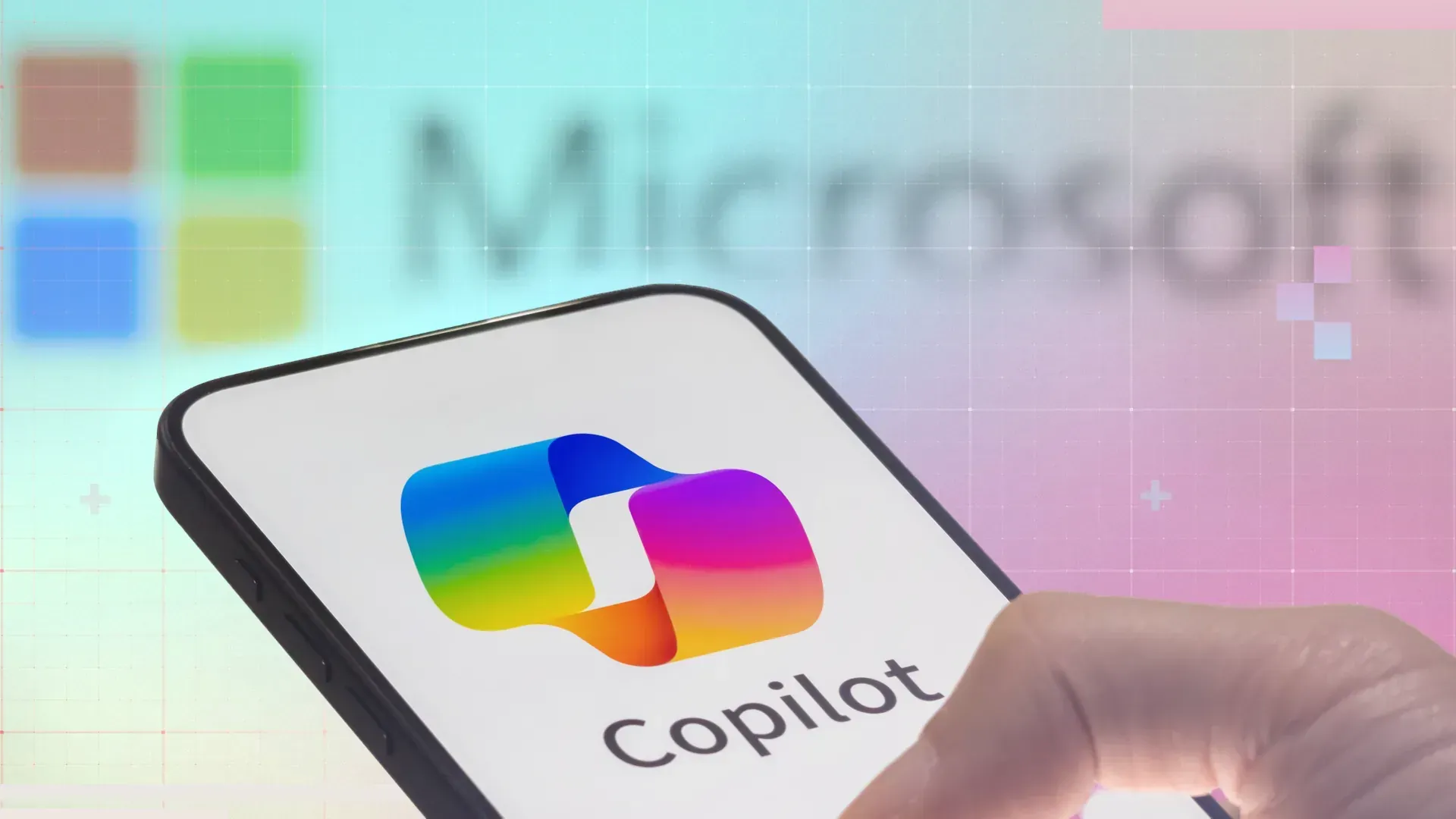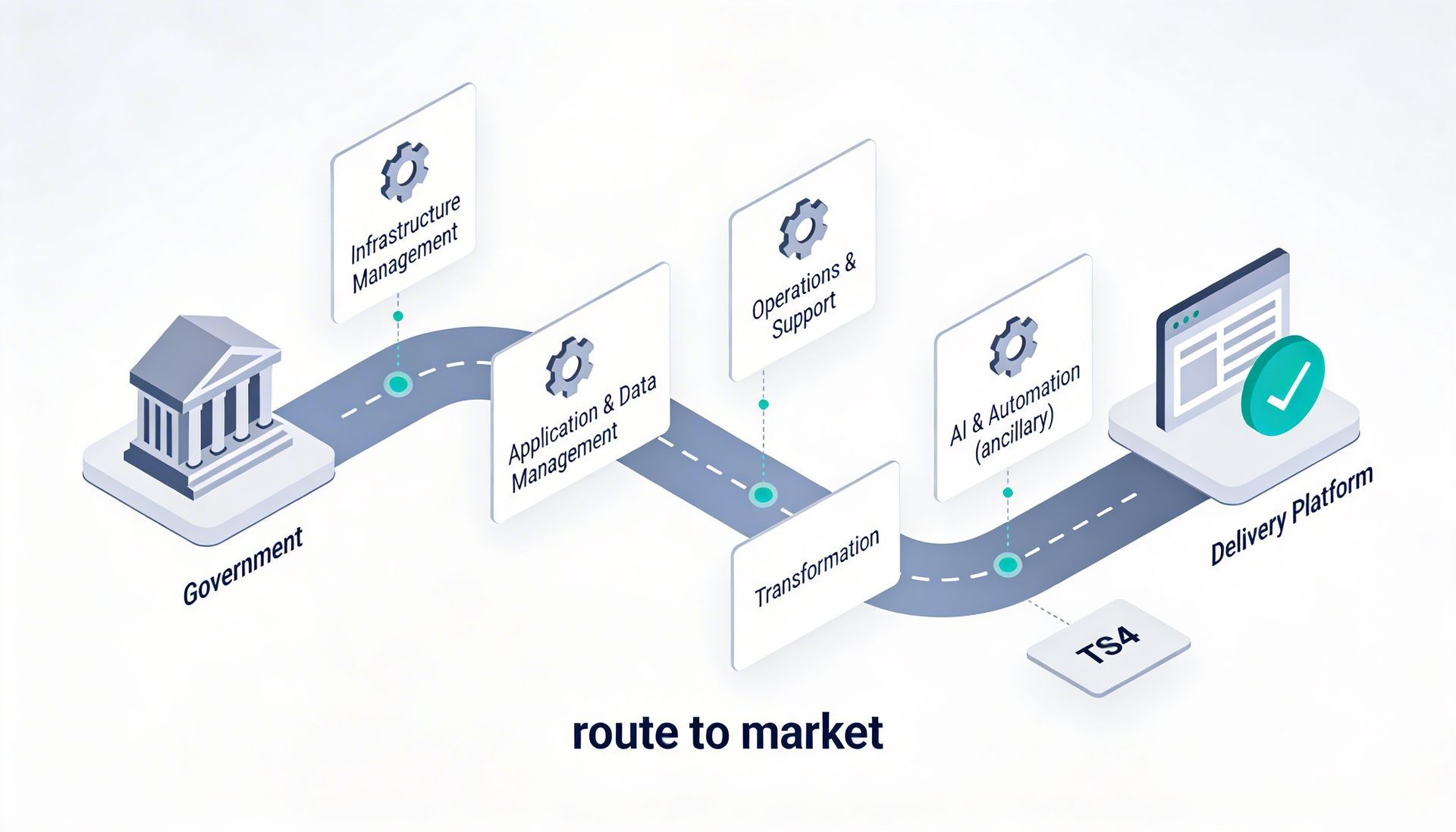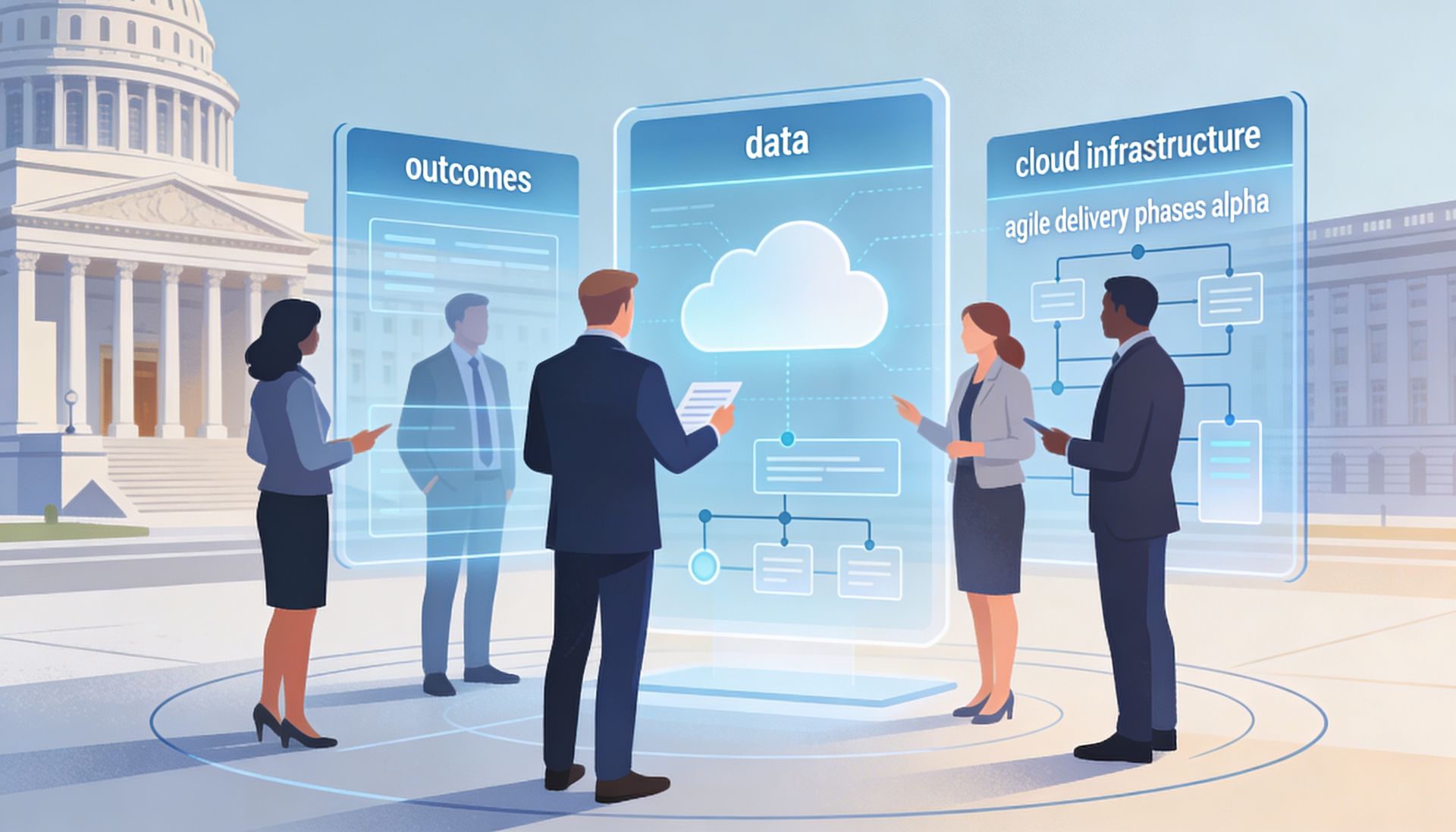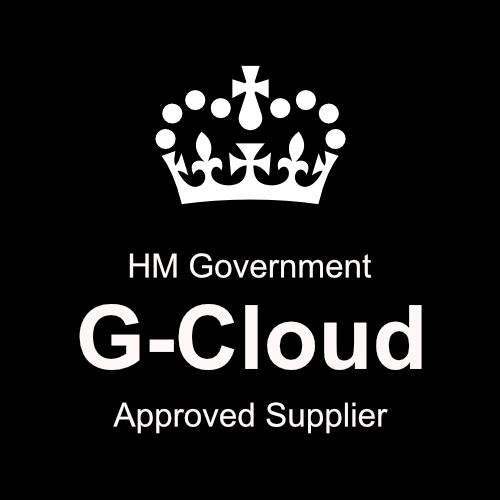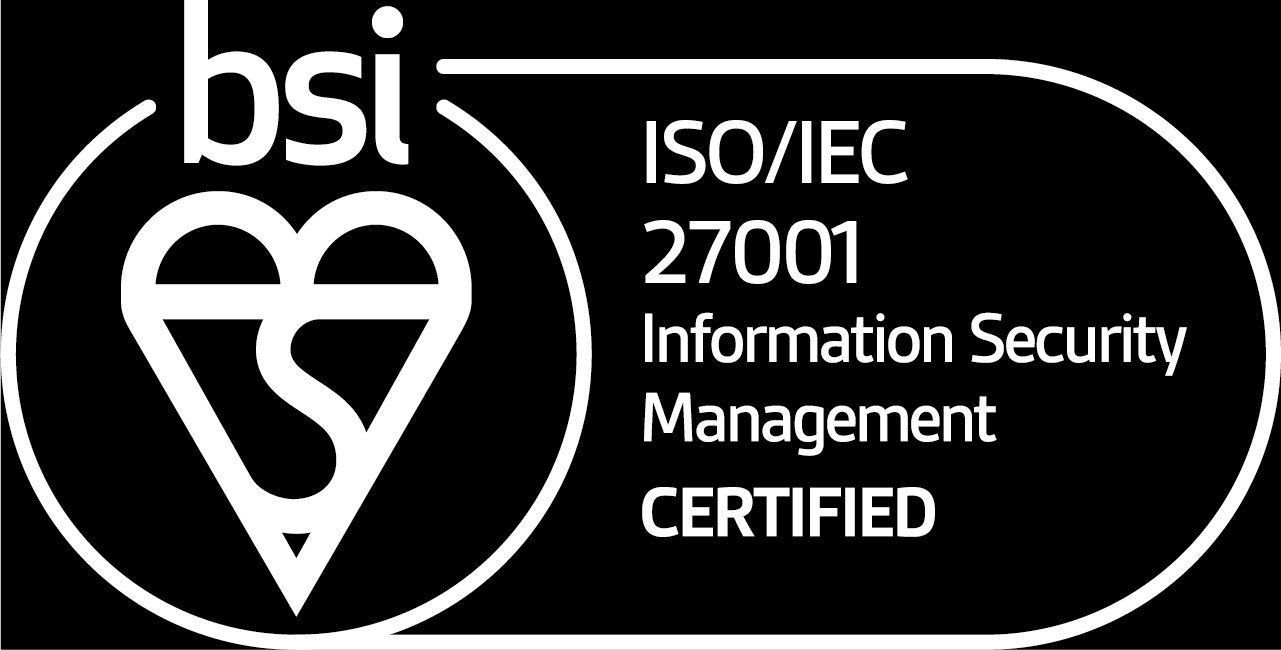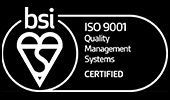Preparing Your Organisation for the Windows 11 Migration: A Strategic IT Priority for 2025
Why British businesses must act now to avoid the October 2025 Windows 10 end-of-life deadline

With Windows 10's end-of-life date fast approaching on
14 October 2025, organisations across the UK face a critical decision point. Despite Windows 10's continued popularity and seemingly modern interface, this decade-old operating system will soon join the ranks of legacy technologies like Internet Explorer, leaving users vulnerable to significant security risks.
The Urgency Behind the Upgrade
Many organisations remain hesitant about migrating to Windows 11, often because Windows 10 simply "works" for their current needs. However, this comfort with the status quo could prove costly. The security implications of running unsupported software are substantial, as history has repeatedly demonstrated.
We've witnessed the consequences of delayed upgrades before. When Windows XP support ended in April 2014, vulnerabilities in Internet Explorer 6-11 were quickly exploited by cybercriminals. More dramatically, the 2017 WannaCry ransomware attack devastated organisations worldwide by exploiting unpatched XP systems, causing billions in damages and disrupting critical services including NHS operations.
Understanding Windows 11's Hardware Requirements
One significant barrier preventing organisations from upgrading is Windows 11's enhanced hardware requirements. Unlike previous Windows upgrades, Windows 11 mandates specific security-focused hardware features:
- TPM 2.0 (Trusted Platform Module) - Essential for hardware-based security functions
- UEFI firmware - Replacing legacy BIOS systems
- Secure Boot capability - Preventing malicious software from loading during startup
These requirements aren't arbitrary obstacles—they're fundamental security enhancements that make Windows 11 significantly more secure than its predecessor.
Enhanced Security Through Modern Hardware
Windows 11's hardware requirements enable robust security features that were optional or unavailable in Windows 10.
These include:
Secure-by-Default Architecture: Features like BitLocker encryption, Virtualisation-Based Security (VBS), and Secure Launch are now enabled automatically, rather than requiring manual configuration.
Advanced Authentication: Native passkey management and improvements to Windows Hello provide stronger, more convenient authentication methods.
Enhanced Threat Protection: Features like Credential Guard now operate with improved default behaviours, providing better protection against credential theft attacks.
The Business Case for Migration
Organisations facing hardware upgrades to meet Windows 11 requirements should view this as a strategic security investment rather than an unwelcome expense. Modern hardware not only supports Windows 11's enhanced security features but also provides:
- Improved performance and energy efficiency
- Better support for hybrid working environments
- Enhanced compatibility with cloud-based services
- Reduced long-term maintenance costs
Planning Your Migration Strategy
Successful Windows 11 migration requires careful planning and expert guidance. Consider these key steps:
Asset Assessment: Conduct a comprehensive audit of your current hardware to identify devices that meet Windows 11 requirements and those requiring replacement.
Security Evaluation: Review your current security posture and identify how Windows 11's enhanced features can strengthen your defences.
Migration Timeline: Develop a phased approach that minimises business disruption while ensuring completion before the October deadline.
User Training: Prepare your workforce for the transition with appropriate training and support resources.
The Cost of Inaction
Delaying migration beyond October 2025 exposes organisations to significant risks:
- Security vulnerabilities from unsupported operating systems
- Compliance issues in regulated industries
- Increased cyber insurance premiums for organisations running legacy systems
- Operational disruption from potential security incidents
Expert Support for Your Migration
At Altiatech, we understand that Windows 11 migration represents both a challenge and an opportunity. Our team of Microsoft-certified experts can help you navigate this transition smoothly, ensuring your organisation benefits from enhanced security whilst minimising disruption to daily operations.
We provide comprehensive migration services including hardware assessment, security planning, deployment strategies, and ongoing support to ensure your Windows 11 environment operates optimally from day one.
Acting Now: Your Next Steps
With the October 2025 deadline approaching, organisations must begin planning their Windows 11 migration immediately. The combination of procurement timelines, deployment schedules, and user training requirements means that delaying action could leave you scrambling to meet the deadline.
Don't let Windows 10's end-of-life catch your organisation unprepared. By acting now, you can transform this necessary upgrade into a strategic advantage, strengthening your security posture whilst positioning your organisation for future success.
Ready to begin your Windows 11 migration journey? Contact Altiatech today for a comprehensive assessment of your current environment and a tailored migration strategy that meets your organisation's unique requirements.
Contact us:
innovate@altiatech.com | +44 (0)330 332 5482
Ready to move from ideas to delivery?
Whether you’re planning a cloud change, security uplift, cost governance initiative or a digital delivery programme, we can help you shape the scope and the right route to market.
Email:
innovate@altiatech.com or call
0330 332 5842 (Mon–Fri, 9am–5:30pm).
Main contact page: https://www.altiatech.com/contact





